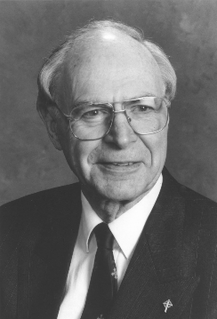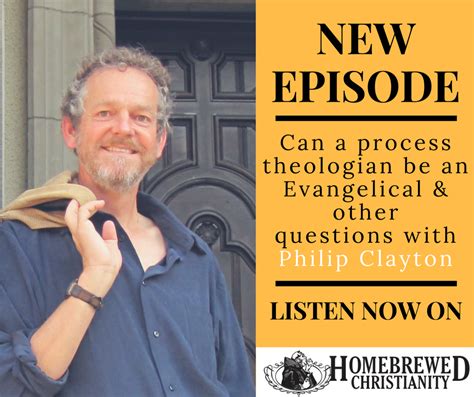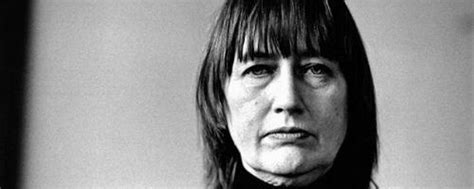A Quote by John Shelby Spong
Theism, as a way of conceiving God, has become demonstrably inadequate, and the God of theism not only is dying but is probably not revivable. If the religion of the future depends on keeping alive the definitions of theism, then the human phenomenon that we call religion will have come to an end. If Christianity depends on a theistic definition of God, then we must face the fact that we are watching this noble religious system enter the rigor mortis of its own death throes.
Related Quotes
When we unravel the theological tomes of the ages, the makeup of God becomes quite clear. God is a human being without human limitations who is read into the heavens. We disguised this process by suggesting that the reason God was so much like a human being was that the human beings were in fact created in God's image. However, we now recognize that if was the other way around. The God of theism came into being as a human creation. As such, this God, too, was mortal and is now dying.
Atheism ... in its philosophic aspect refuses allegiance not merely to a definite concept of God, but it refuses all servitude to the God idea, and opposes the theistic principle as such. Gods in their individual function are not half as pernicious as the principle of theism which represents the belief in a supernatural, or even omnipotent, power to rule the earth and man upon it. It is the absolutism of theism, its pernicious influence upon humanity, its paralyzing effect upon thought and action, which Atheism is fighting with all its power.
The difference between theism and nontheism is not whether one does or does not believe in God. . . Theism is a deep-seated conviction that there's some hand to hold: if we just do the right things, someone will appreciate us and take care of us. . . Nontheism is relaxing with the ambiguity and uncertainty of the present moment without reaching for anything to protect ourselves.
Open theists affirm the same openness of the future that religious believers assume when they pray and almost all humans assume when they act. The open future is intuitive; but can it be rigorously defended? God in an Open Universe shows that it can. Open theism has always been an attractive view of God; now it becomes a philosophically rigorous one as well.
Obviously, if theism is a belief in a God and atheism is a lack of a belief in a God, no third position or middle ground is possible. A person can either believe or not believe in a God. Therefore, our previous definition of atheism has made an impossibility out of the common usage of agnosticism to mean "neither affirming nor denying a belief in God."
Christianity is not a religion. Christianity is the proclamation of the end of religion, not of a new religion, or even of the best of all religions. If the cross is the sign of anything, it's the sign that God has gone out of the religion business and solved all of the world's problems without requiring a single human being to do a single religious thing. What the cross is actually a sign of is the fact that religion can't do a thing about the world's problems - that it never did work and it never will
We are here to become great men and women, and with that purpose in view, we must eliminate everything in our religion and philosophy that tends to make the human mind a dependent weakling. If you would serve God and be truly religious, do not kneel before God, but learn to walk with God, and do something tangible every day to increase the happiness of mankind. This is religion that is worth while, and it is such religion alone that can please the Infinite.
If it is to be established that there is a God, then we have to have good grounds for believing that this is indeed so. Until and unless some such grounds are produced we have literally no reason at all for believing; and in that situation the only reasonable posture must be that of either the negative atheist or the agnostic. So the onus of proof has to rest on the proposition of theism.




































